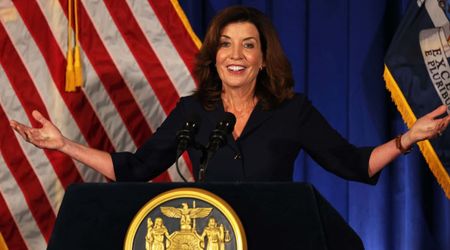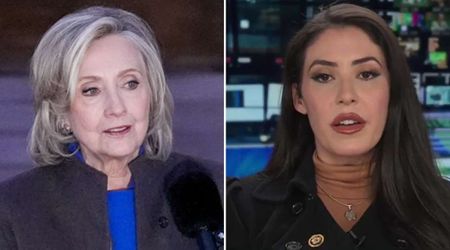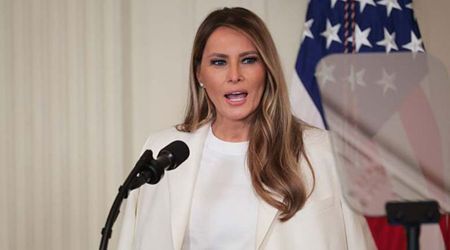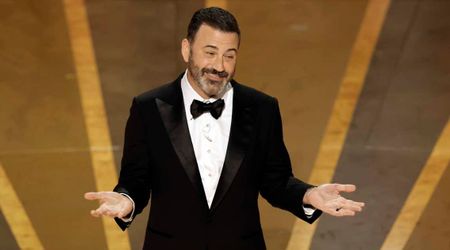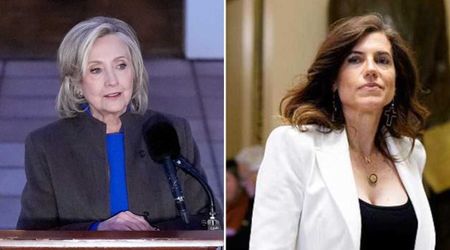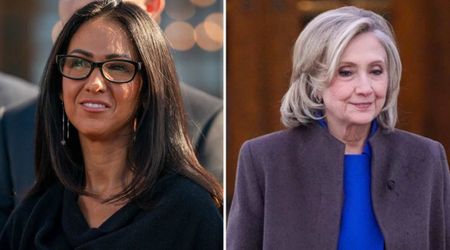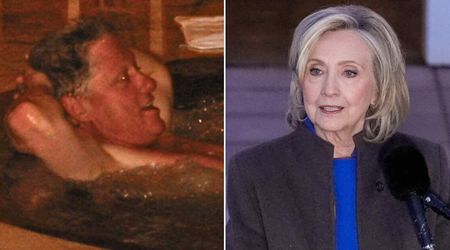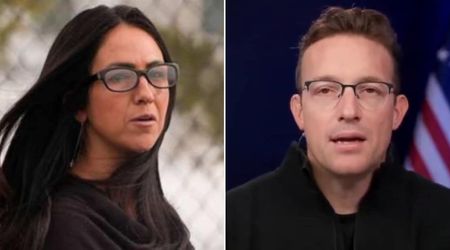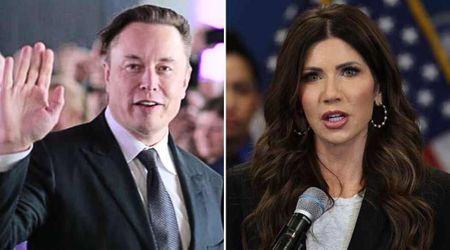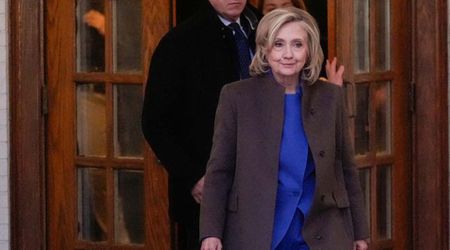Trump alarms European leaders as he tells Zelensky it may be necessary to give up land to Putin for peace
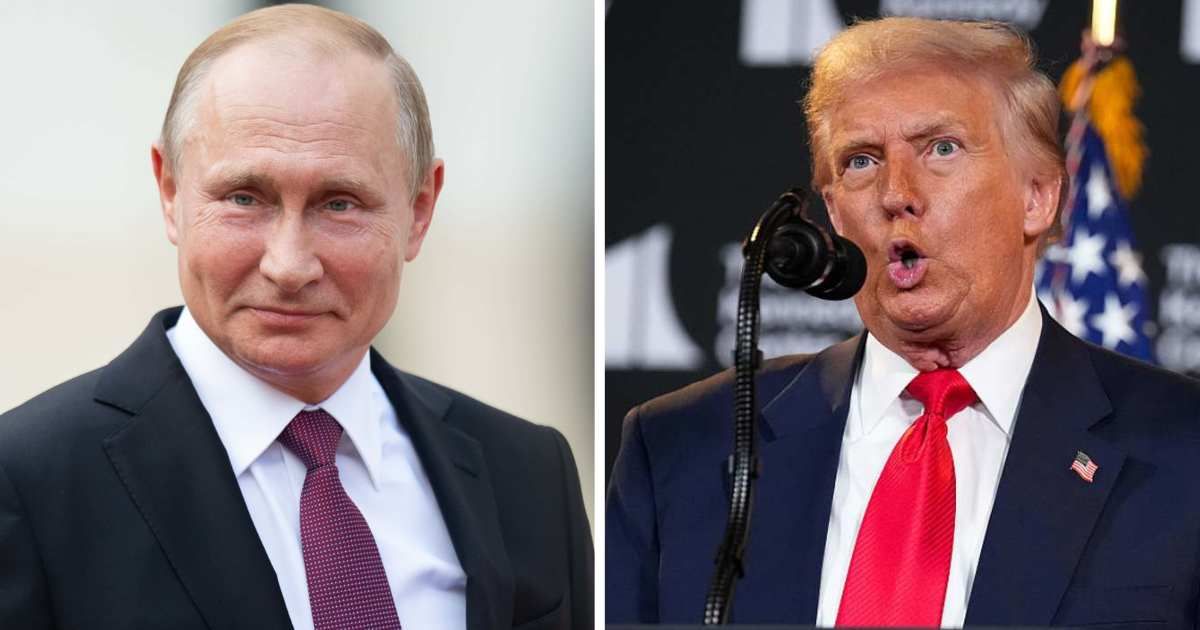
WASHINGTON, DC: President Donald Trump has sparked concern among Ukraine and its European allies after hinting to Ukrainian President Volodymyr Zelensky that a territorial concession to Russia might be necessary to end the war.
On Wednesday, August 13, the two leaders held a phone call ahead of Trump’s upcoming in-person meeting with Russian President Vladimir Putin in Anchorage, Alaska, set for Friday, August 15. The talks are expected to focus on brokering a ceasefire and laying the groundwork for wider peace negotiations.
Donald Trump prepares for Alaska summit with Vladimir Putin
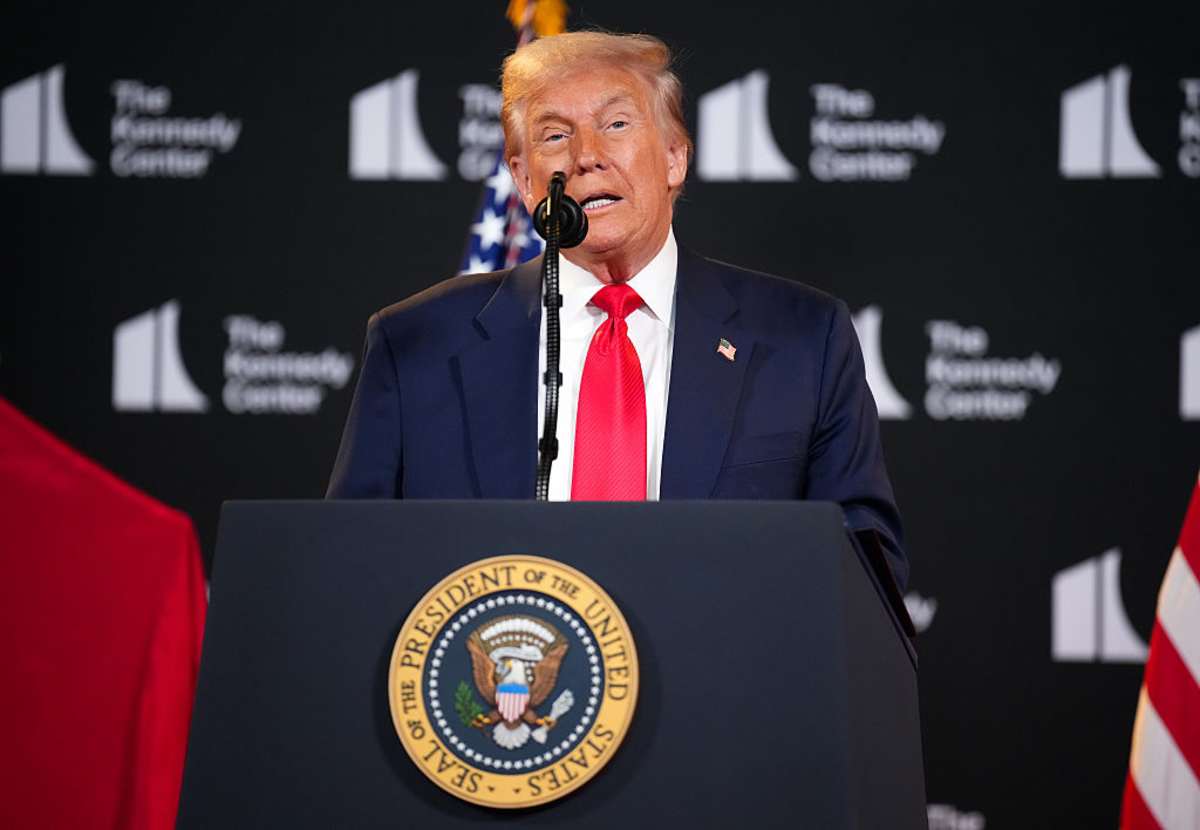
According to Zelensky, he warned Trump that “Putin is bluffing” about his willingness to end the conflict, stressing that no territorial decisions could be made without Ukraine’s direct involvement. European leaders backed his position, adding that Trump had effectively signaled his agreement to those conditions.
German Chancellor Friedrich Merz, who hosted Zelensky in Berlin, said European leaders were working to ensure Friday’s meeting “goes the right way.”
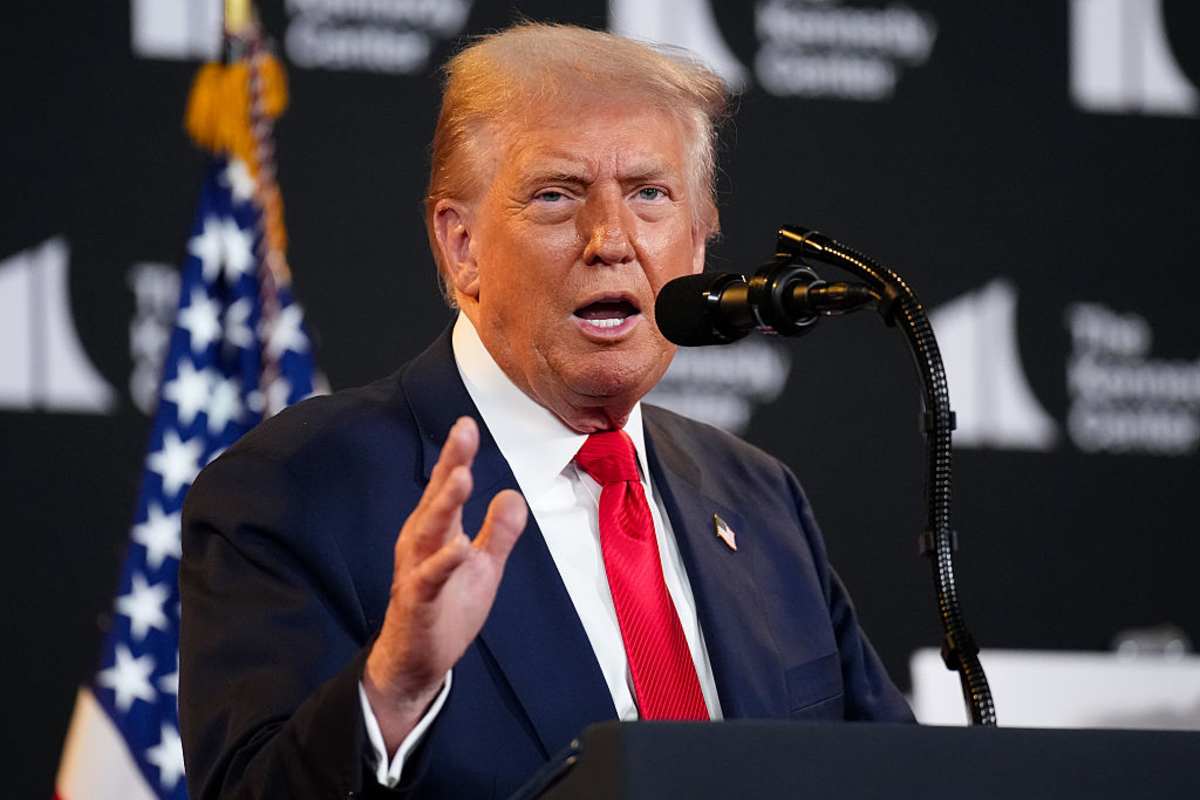
Speaking at the Kennedy Center on Wednesday, Trump described his conversation with Zelensky and European leaders as a perfect '10,' characterizing it as “very friendly.”
“We had a very good call, he was on the call, President Zelensky was on the call, I would rate it a 10,” Trump told reporters.
Telephone call with Zelensky was 'very good, I rate it a 10, very friendly' — Trump
— Inessa Shevchuk 🇷🇺🇺🇸🦅 (@Inessa_S_) August 14, 2025
Adds that purpose of Putin summit is 'to find out where we are and what we're doing'
Pledges to brief other NATO countries
‘Remember, this is Biden's war' pic.twitter.com/xrM7eFE2ho
French President Emmanuel Macron also weighed in, telling reporters that while Trump hopes to secure a ceasefire, “no serious territorial exchange schemes” are currently on the table.
Why will Ukraine not attend the Alaska Summit?
When pressed on why Ukrainian President Volodymyr Zelensky will not join the upcoming Alaska meeting, President Trump said the plan had “always” been for the talks to be one-on-one between the US leader and Russian President Vladimir Putin.
He described Friday’s encounter as a preliminary step intended to “set the table” for a follow-up summit that would include all three leaders.
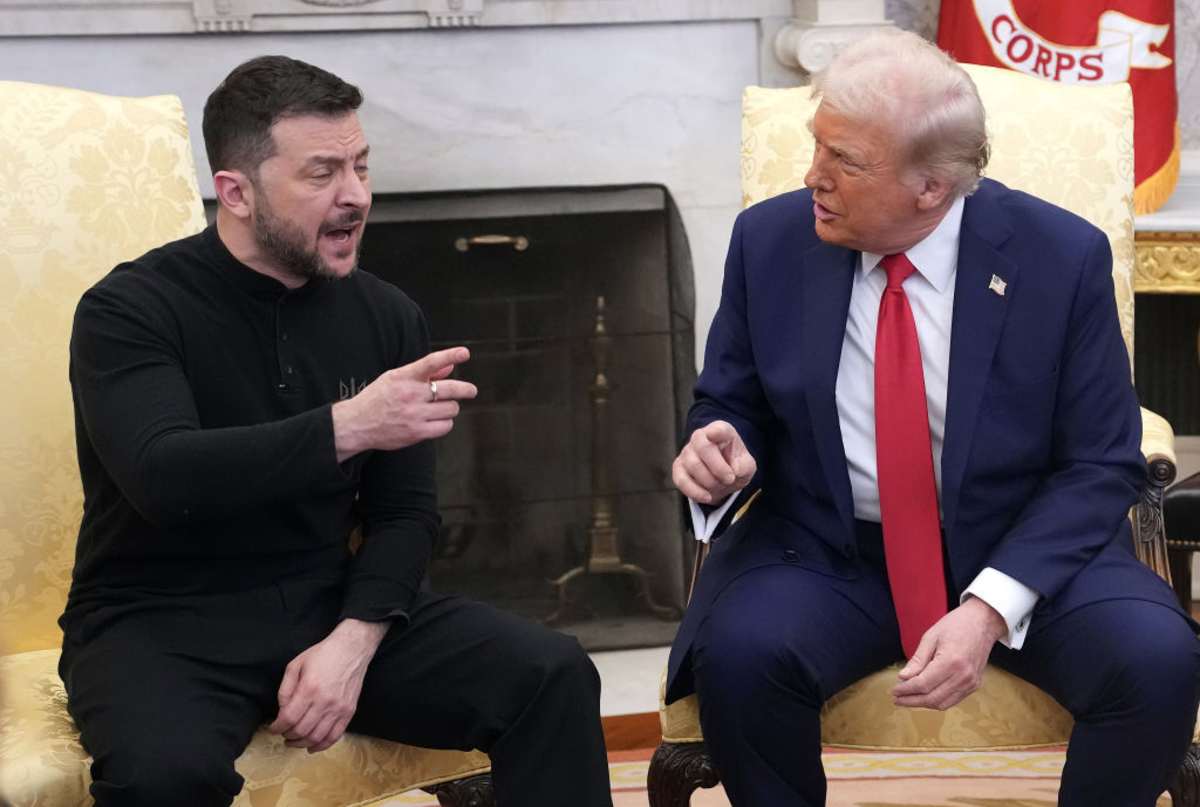
“If the first one goes OK, we’ll have a quick second one,” Trump told reporters, adding, “I would like to do it almost immediately and we'll have a quick second meeting between President Putin and President Zelensky and myself, if they'd like to have me there, and that would be a meeting where maybe it could be absolutely worked.”
French President Emmanuel Macron, who, according to Axios, cautioned Trump that granting Putin a bilateral meeting was “a very big thing,” later said the US president’s primary goal was to secure a ceasefire. Macron also stressed that “no serious territorial exchange schemes” are currently under consideration.
Europe torn between hope and anxiety ahead of Trump–Putin Alaska summit
The upcoming Alaska meeting between US President Trump and Russian President Putin has reignited both optimism and apprehension across Europe and in Kyiv.
Polish Prime Minister Donald Tusk summed up the mood earlier this week, saying he carried “many fears” but also “a lot of hope,” a diplomatic balancing act that reflected the continent’s cautious stance toward Washington. The unease is rooted in the pair’s last major summit in 2018, when a first-term Trump publicly sided with Putin’s denial of Russian election interference over the findings of his intelligence agencies.
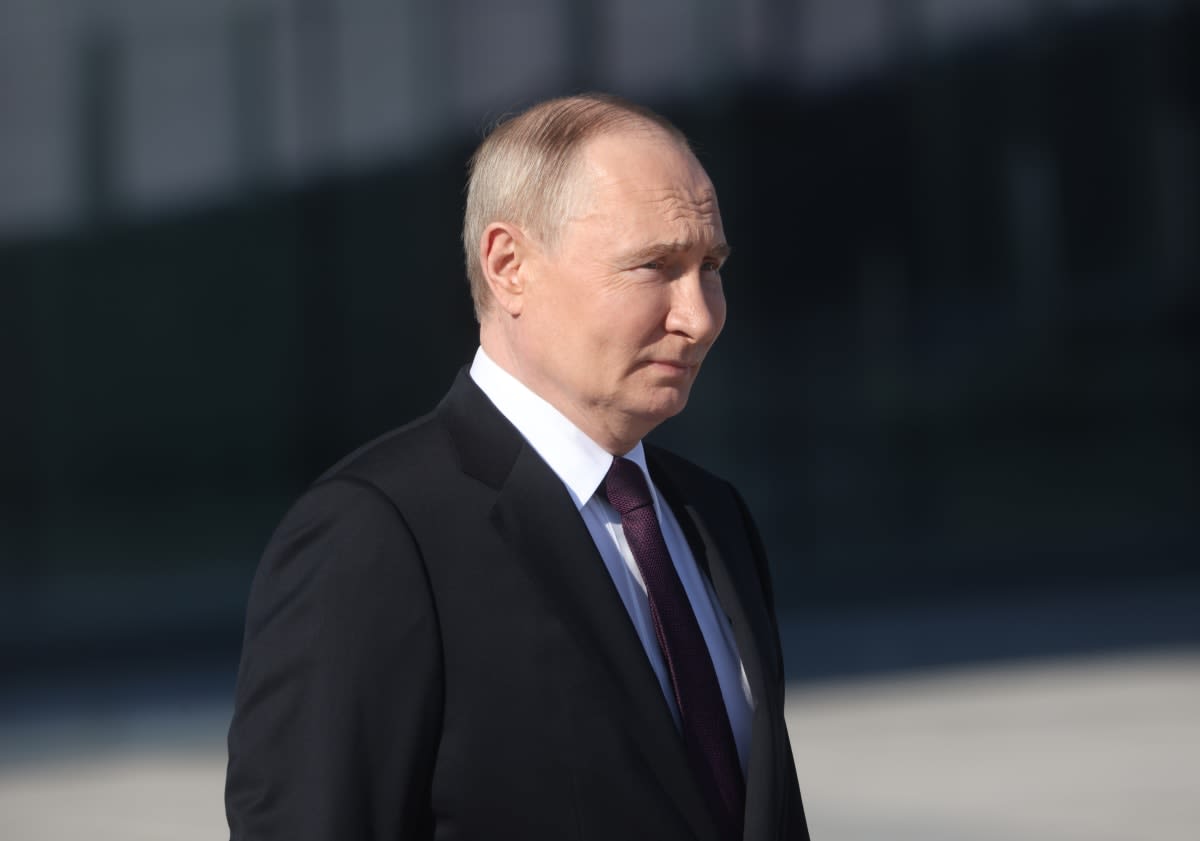
With the Alaska talks shaping up under Russian terms rather than Washington’s, many fear Putin could nudge Trump toward concessions that undermine Kyiv and fracture an already strained Western alliance.
Former White House Russia adviser Fiona Hill has described Trump’s approach to Putin as “deferential,” a trait the Kremlin leader could exploit to advance his long-term goal of reasserting control over Ukraine.
Analysts note that Putin has outlasted multiple US presidents, using his political longevity and autocratic freedom to exhaust his counterparts with endless delays, diversions, and selective praise. His strategy often involves flattering US leaders while quietly steering negotiations to Russia’s benefit.

